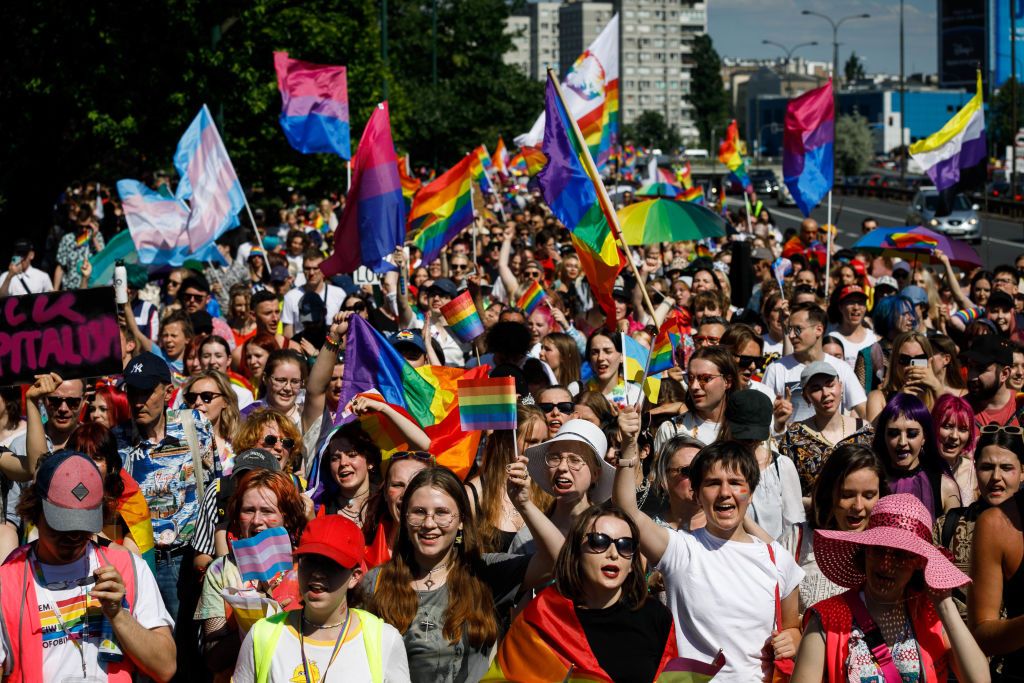The KyivPride march is set to take place on June 16 in Kyiv, with around 500 participants including activists, diplomats, and international community representatives. The event will feature strict security measures such as pre-registration and a closed format, with only registered participants being given location details. Due to security concerns, the march had to be relocated from the metro system to the streets, as the Kyiv City Council denied permission to hold it in the metro, citing its use as an air raid shelter during Russian attacks. This will be the first LGBTQ+ pride event in Kyiv since Russia’s full-scale invasion of Ukraine in February 2022.
Anna Sharyhina, head of the KyivPride board, emphasized the significance of holding the march this year, particularly in showcasing the presence of LGBTQ+ military personnel in Ukraine. The theme of the march, “Unite for equality and victory,” aims to highlight the importance of LGBTQ+ individuals as integral members of Ukrainian society. Sharyhina also pointed out the importance of the march for LGBTQ+ individuals living under occupation or in captivity, as well as those who are unable to advocate for their rights due to their circumstances. The event aims to demonstrate unity and solidarity within the LGBTQ+ community and beyond.
In contrast to Ukraine’s efforts to promote LGBTQ+ rights, Russia has taken a harsh stance by declaring the international LGBT social movement as an extremist organization and banning all its activities. Individuals in Russia have been convicted of “extremism” for displaying LGBTQ+ symbols, highlighting the ongoing challenges faced by the LGBTQ+ community in the country. This crackdown on LGBTQ+ rights in Russia makes events like KyivPride even more significant, as they serve as platforms for advocacy and visibility for LGBTQ+ individuals in Ukraine and beyond.
As Switzerland prepares to host the global summit on Ukraine’s peace formula, the country has reported a rise in cyberattacks and disinformation campaigns. These attacks are seen as attempts to disrupt the upcoming summit and undermine Switzerland’s role as a neutral mediator in the conflict. The increased cyber threats highlight the complex nature of international diplomacy and the challenges faced by countries involved in resolving conflicts, particularly in a digital age where cyber warfare and disinformation tactics are increasingly prevalent.
The incidents in Switzerland serve as a reminder of the broader implications of the Ukraine conflict and the global efforts to achieve peace and stability in the region. As diplomatic initiatives and negotiations continue, it is crucial for countries like Switzerland to remain vigilant against external threats such as cyberattacks and disinformation, which can potentially derail peace talks and hinder progress towards resolving the conflict. By addressing these challenges head-on and taking proactive measures to safeguard their systems and information, countries can better protect their interests and advance the cause of peace and security in Ukraine and beyond.


